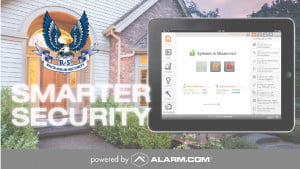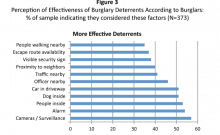 Social media has far exceeded its original purpose of easily connecting friends and family. Now, social networks such as Facebook and Twitter are used for buying and selling goods, sending and responding to event invitations, claiming coupons from retailers, and so much more it’s impossible to list.
Social media has far exceeded its original purpose of easily connecting friends and family. Now, social networks such as Facebook and Twitter are used for buying and selling goods, sending and responding to event invitations, claiming coupons from retailers, and so much more it’s impossible to list.
Peruse your profile
Many social networks encourage you to share personal details including your phone number, city and home address, but that doesn’t mean you should. To thwart burglary threats, avoid sharing information in your profiles about where your home is located. You never know what an acquaintance might do with that type of knowledge.
Keep your whereabouts under wraps
Whether it’s down the street or on a beach, when you post your whereabouts publicly you may be doing more than just making your friends jealous. In fact, you are alerting the world that your home is unoccupied and in prime condition for a break-in. Numerous studies have shown that burglaries are often committed when opportunities arise that are too appealing to resist.
While your friends may not be cut out for a life of crime, you can’t say the same about the people they associate with online. Should someone you know interact (like, comment, share, reply, retweet, etc.) with your update, their activity could appear along with your original post in a stranger’s news feed. Seeing your post about your brand new laptop in their news feed may be enough for a burglar to start devising a plan to snag your purchase. To avoid putting your possessions at risk, resist the urge to post photos or statuses about your belongings.
With these smart tips, you can continue connecting with your loved ones online, while maintaining your peace of mind and safety at home.And for a burglar, what’s more tempting than knowing, without a doubt, that a home is empty and the owners are on a five-day cruise to the Bahamas? Not much





Leave a Comment